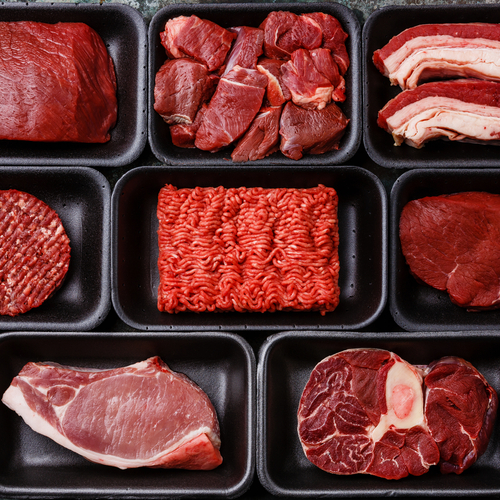The media frenzy surrounding the recent spinach-related E. coli infections has begun to die down. It’s certainly a good thing that the causes, effects, and geographical origins of the illness have been well publicized, but one important insight has been lost in the shuffle. The scope of the outbreak has been relatively small — to date, just 183 cases and one confirmed death. And while death and disease of any sort is tragic, the fact that a foodborne illness has received so much attention at all is one indicator of just how safe our food supply generally is. Despite the perpetual calls for additional federal oversight by the likes of the Center for Science in the Public Interest, Americans already enjoy the safest food supply in human history — and it’s getting safer every day. As columnist Sally Squires wrote in yesterday’s Washington Post:
If the recent outbreak of the E. coli infection traced to fresh spinach has left you worried about what’s on your plate, breathe a little easier: Despite the recent high-profile problem, food-borne illness has been steadily declining in the United States. Today, the odds of getting sick from tainted food “are overall about a third less than they were in 1998,” says Richard Raymond, undersecretary for food safety at the U.S. Department of Agriculture.
Noticeably, the agenda-driven group most prone to exploit food scares — People for the Ethical Treatment of Animals (PETA) — has remained mute on the issue. Whether it’s linking SARS to meat consumption, warning of an impending mad-cow-induced apocalypse, hyping the impact of mercury traces in fish, or claiming that bird flu awaits all chicken eaters, PETA rarely misses the chance to exaggerate (and pontificate) about foodborne illnesses. So why haven’t we heard anything about spinach from these veg-heads?
Oh, that’s right — it’s because PETA’s campaigns have never been, and never will be, about providing an accurate assessment of risks and benefits associated with eating one food or another. The group’s magazine ads, billboards, and TV spots are meant to scare you into adopting a meatless diet. And publicizing the apparent dangers of eating vegetables won’t help them much.
Taking PETA’s usual tack, we’ve drawn up an over-the-top, far-fetched ad campaign of our own. We certainly wouldn’t want this outbreak to go unexploited.





